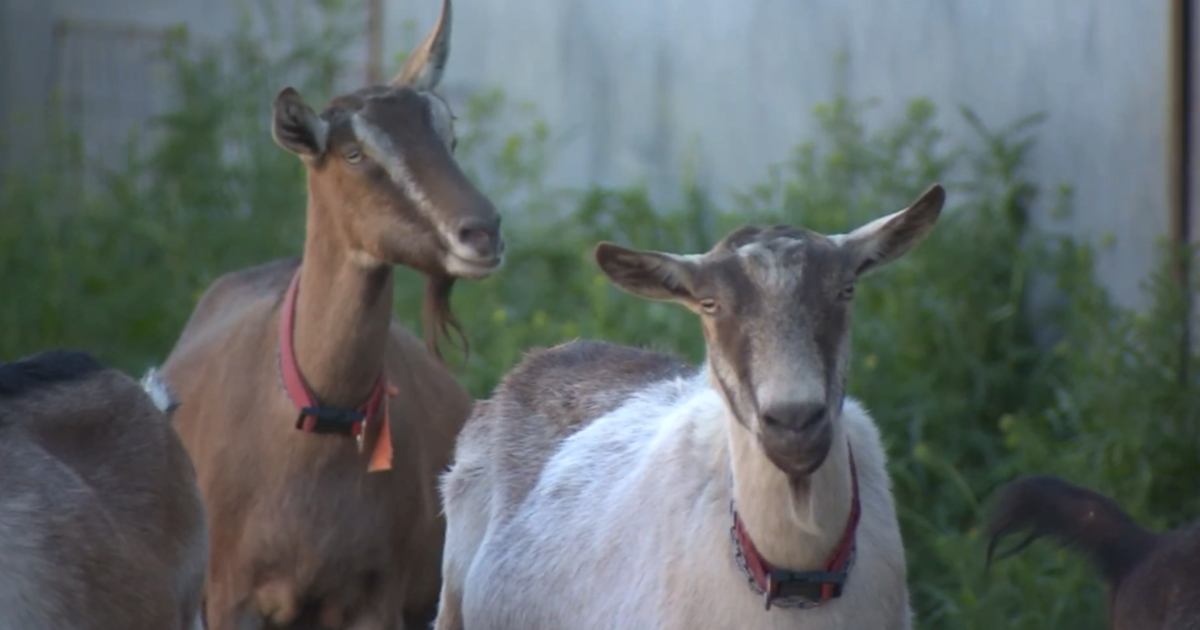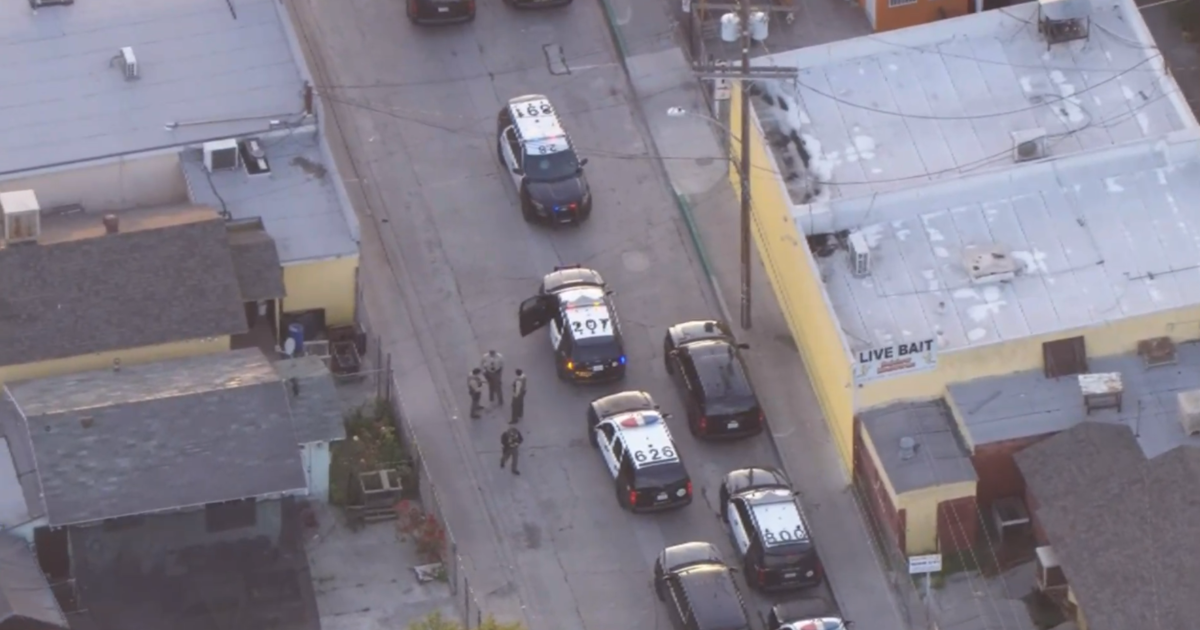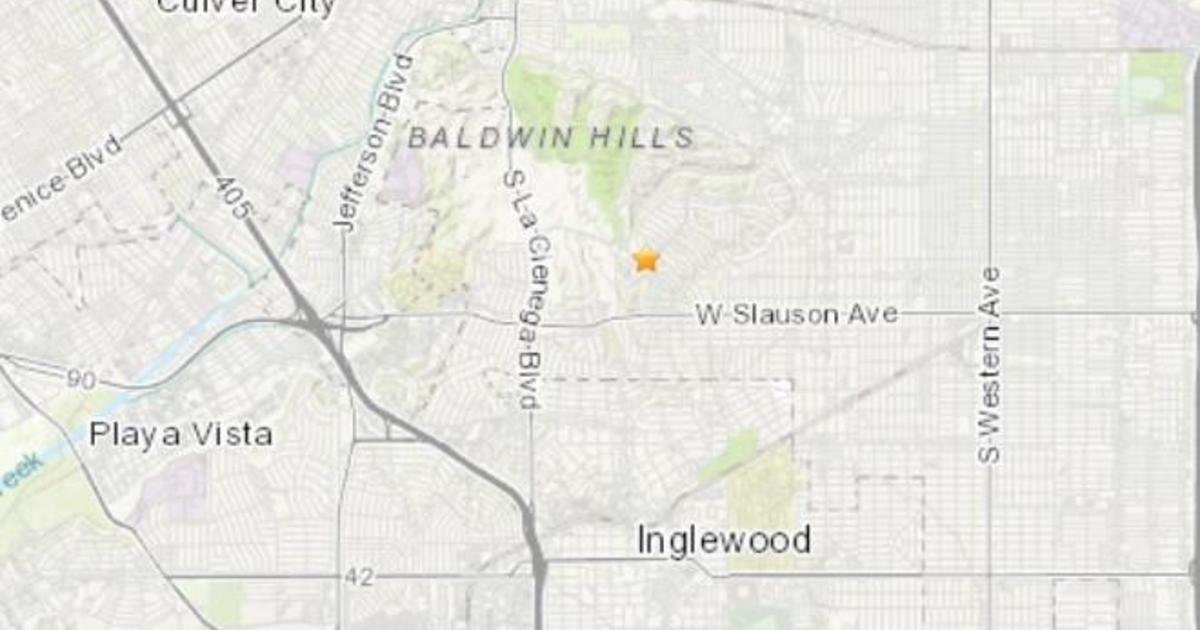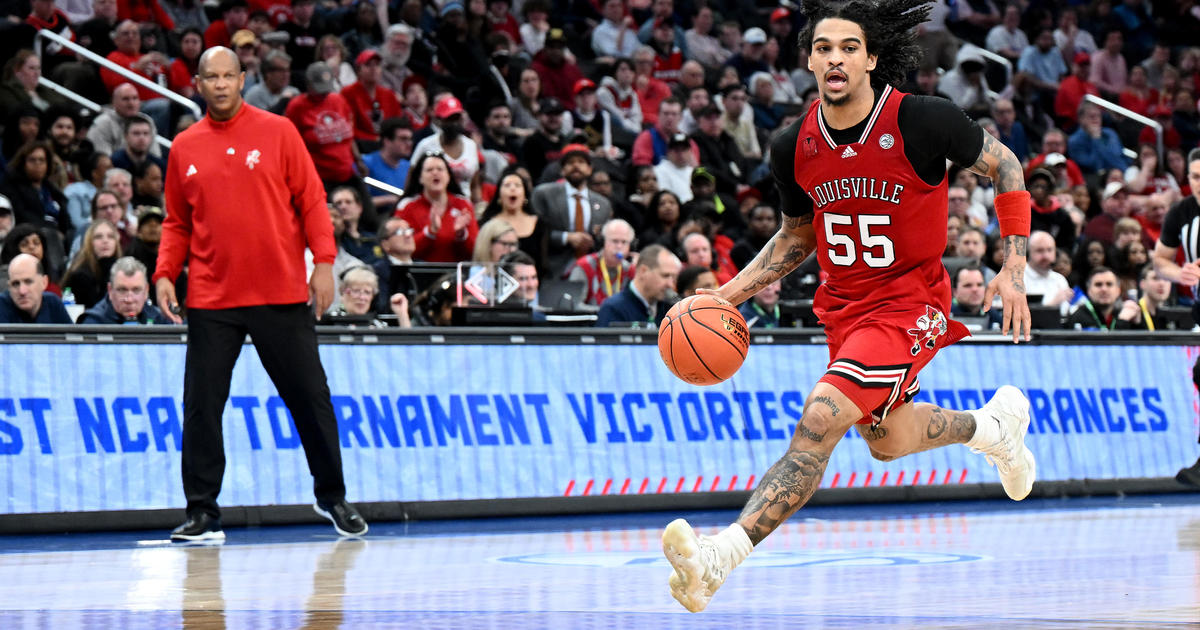'Early Warning': Scientists Collect Wastewater Samples To Thwart Coronavirus Outbreaks On College Campuses
With thousands of positive cases forcing quarantines and a return to remote learning, colleges across the nation are studying poop to determine if the novel coronavirus is present in dormitories and college communities.
Researchers with the Wisconsin State Laboratory of Hygiene (WSLH) are making it their mission to collect samples of sewerage.
"Science acts in weird ways sometimes," says Martin Shafer, a senior scientist who leads a team collecting wastewater samples from 67 locations around Wisconsin to search for the the genetic material that causes COVID-19.
"The virus can appear in wastewater before any illness appears in the community," he tells CBS affiliate WISC. "So it acts as kind of an early warning."
A sample on the University of Wisconsin–Madison campus collects students' waste every hour from about eight dormitories. It's then taken to a state lab where researchers take about two days to study the samples and report back what they found.
Experts say sewage testing is especially valuable because it can evaluate people even if they aren't feeling sick. A recent quarantine of around 300 students at the University of Arizona, for example, turned up two cases after COVID-19 was detected in wastewater. Both were students were asymptomatic but could have potentially spread the virus.
Sewage testing is nothing new -- it's been used worldwide to look for outbreaks of the polio virus, among others, according to a news release from the University of Arizona.
"We have tested for hepatitis A, enteroviruses and noroviruses. We have approximately 15 different viruses that we regularly test for in sewage and recycled waters for reuse applications," says environmental virology expert Walter Betancourt, a microbiologist and assistant research professor in the university's Department of Environmental Science.



